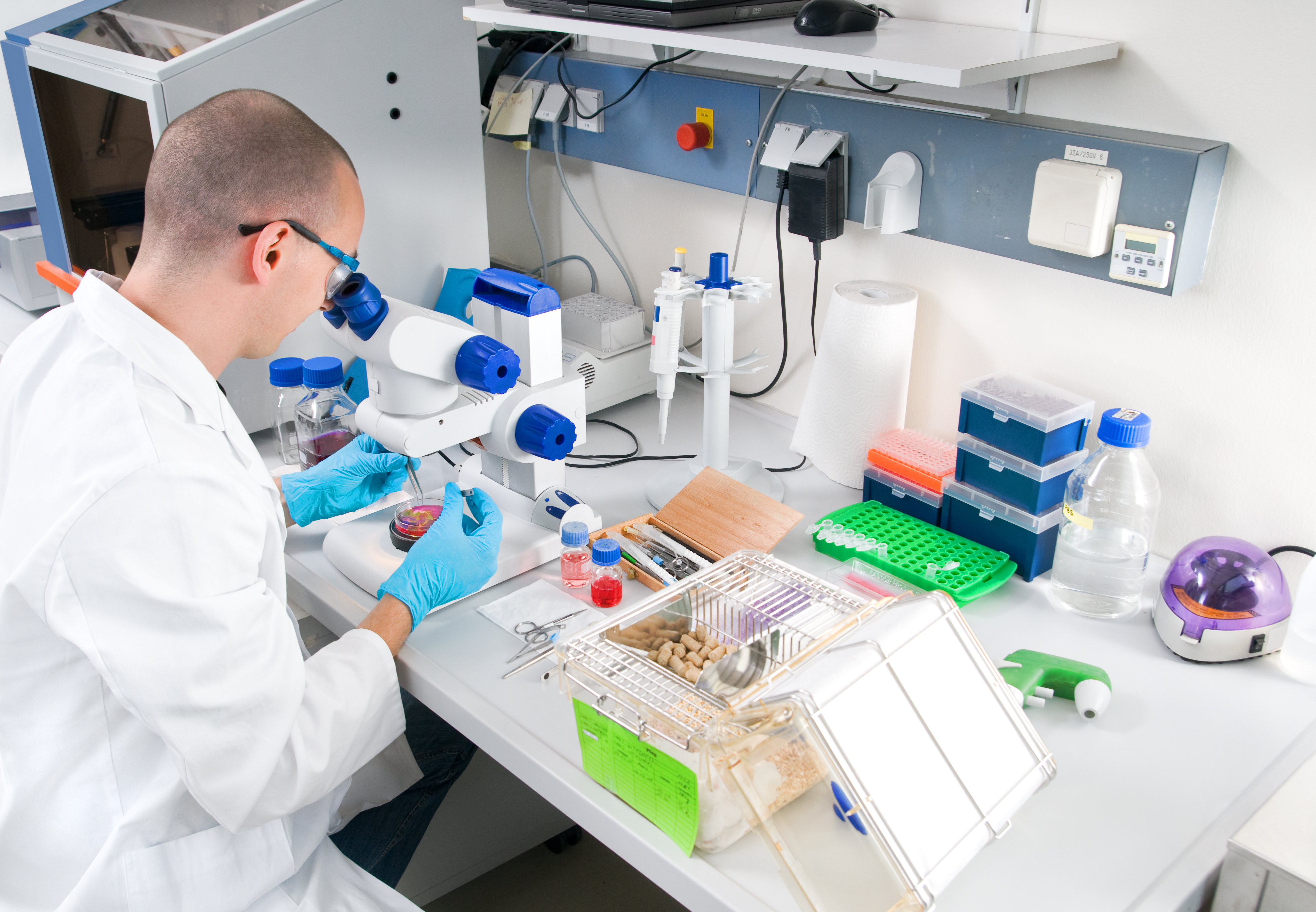New Mifcare PAH Therapy Shows Beneficial Results, According to Pre-Clinical Animal Test

Mifcare, a Paris-based biotechnology company, recently announced positive pre-clinical test results for its drug candidate MFC1040 for patients with pulmonary arterial hypertension (PAH). Mifcare is collaborating with Inserm U999, a well-known academic laboratory specialized in PAH.
The team of researchers at Inserm U999, led by Dr. Christophe Guignabert, showed that MFC1040 is able to reverse the vascular remodeling (changes) seen in the lungs of rat models of PAH, by inhibiting a protein called macrophage migration inhibitory factor (MIF).
MIF mediates the pro-inflammatory response of immune cells and contributes to the intense vascular remodeling of lung vessels in PAH. Dr. Guignabert and colleagues showed that MIF was elevated in both people with PAH and animal models of the disease.
When researchers treated PAH rats with a once daily dose of MFC1040 for two weeks, they saw that:
- The average pulmonary arterial pressure of the animals was decreased.
- Their cardiac structure and function was improved.
- The thickness of their pulmonary arterial wall was decreased.
The beneficial effects were associated with a marked decrease in key inflammatory mediators known to contribute to PAH.
Dr. Gael Jalce, chief executive officer of Mifcare said in a press release: “These encouraging preclinical data suggest that MFC1040 may provide therapeutic benefit for people suffering from PAH and reinforce our commitment to target inflammation which is considered as a primary component of PAH pathogenesis”
The company is hoping to start a Phase 1 clinical trial to test the compound in late 2017.
PAH is a severe condition characterized by progressive narrowing of the small arteries that carry blood from the heart to the lungs (pulmonary arteries) for oxygenation. The narrowing increases vascular resistance and blood pressure in the lungs, ultimately leading to heart failure. The cause of PAH is not well-known, however inflammation of the pulmonary arteries is thought to be involved in disease progression.
Although there is currently no cure for PAH, there are several drugs called vasodilators that are used to ease symptoms while researchers continue to seek new therapies against the disease.







